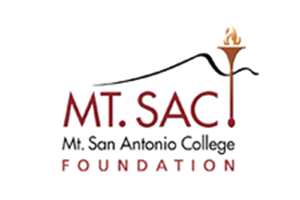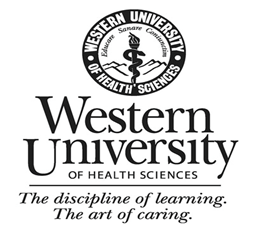Mindfulness is Awareness
NOTE: We are very sensitive to the Covid 19 situation and we will meet the CDC requirements of social distancing and wearing masks.
NOTE: We are very sensitive to the Covid 19 situation and we will meet the CDC requirements of social distancing and wearing masks.
Ask yourself, “What is my aspiration?”
Ask several times until you hear or feel an answer.
Take your time to explore and do not rush for an answer.
It is a practice or a way of paying attention to whatever is going on in your life and this practice connects you to your life inwardly and outwardly.
Through the practice of mindfulness one cultivates clarity, insight, and understanding which enhances your wisdom and wellbeing.
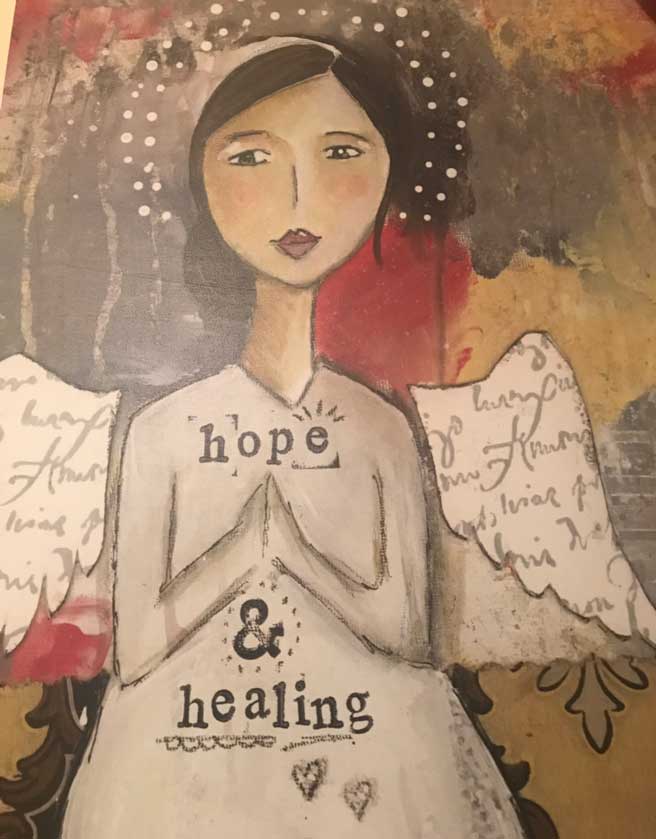 One of the many health benefits of mindfulness is learning how to take care of yourself by exploring the mind and body dimensions and using your inner resources to cope with life’s challenges, learn new habits and heal.
One of the many health benefits of mindfulness is learning how to take care of yourself by exploring the mind and body dimensions and using your inner resources to cope with life’s challenges, learn new habits and heal.
Research is demonstrating that the practice of Mindfulness Meditation can positively affect a person’s ability to reduce medical symptoms and psychological distress while learning to live fully by being more present in the moment.
Focus on Your Breathe
-helps calm the mind and warm the body, so that you can release emotions
-extra oxygen strengthens your physical practice and stimulates healing energy
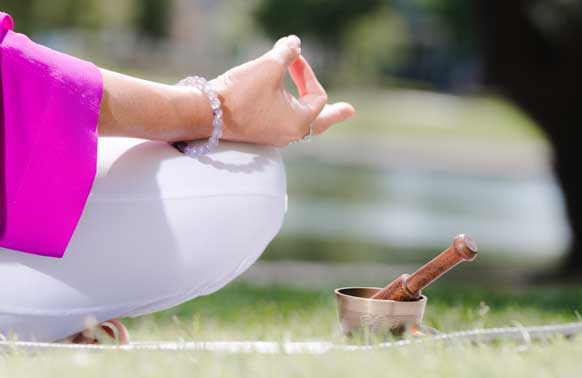 Stress Reduction
Stress Reduction
—from work, school, family, finances, illness, aging, grief, uncertainty about the future, and feeling “out of control.”
Manage Medical conditions
—including chronic illness or pain, high blood pressure, fibromyalgia, cancer, heart disease, asthma, GI distress, skin disorders, headaches, and many other conditions.
Improve and Heal Psychological distress
—including anxiety, panic, depression, fatigue, and sleep disturbances
Prevention and wellness
—Enhanced wellness focused on prevention, learning HOW to take good care of yourself, becoming more resilient and experiencing balance.
Mindfulness is a way of learning to relate directly to whatever is happening in your life. It is a way of taking charge of yourself, of working with your own emotions, stress, pain, illness, and the challenges and demands of everyday life.
In contrast, we are all familiar with moments of “mindlessness,” like when we miss the exit on the freeway, or forget what we went to the store to buy, or eat a whole meal and then NOT remember what we had or what it tasted like. Yes, these are moments of mindlessness where we are not paying attention and we are so distracted that we don’t experience the present moments of our lives. This results in loss of awareness, forgetfulness, separation from self, and a sense of living mechanically.
Restoring within yourself a balanced sense of health and well-being requires increased awareness of all aspects of self, including body and mind, heart and soul. This is why we stop to meditate.
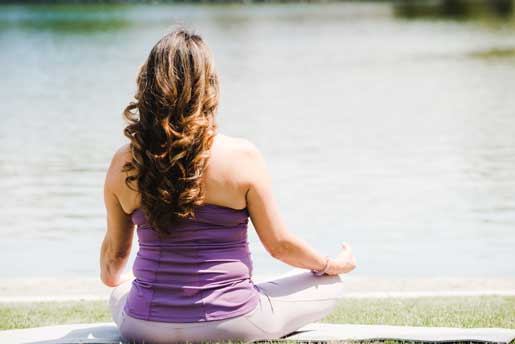
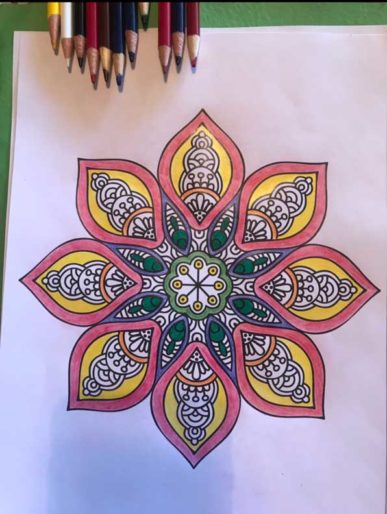
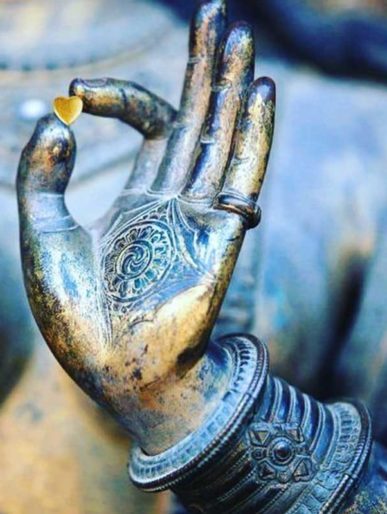

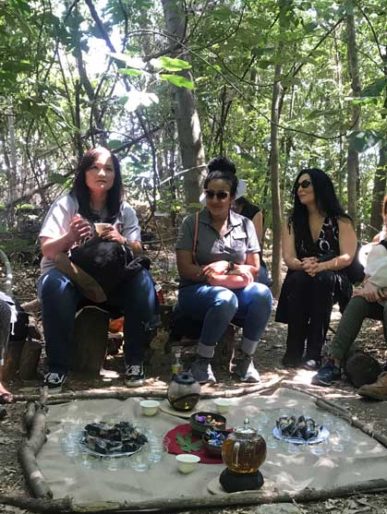

Finally, this practice of meditation is a secular approach and it operates in harmony with any other belief system and spiritual background. It aligns with what you already practice, not the opposite. Being mindful ignites your inner capacity so that you can cultivate wellness, or manage medical conditions and prevent further dis-ease from developing.
Ways to be Mindful

